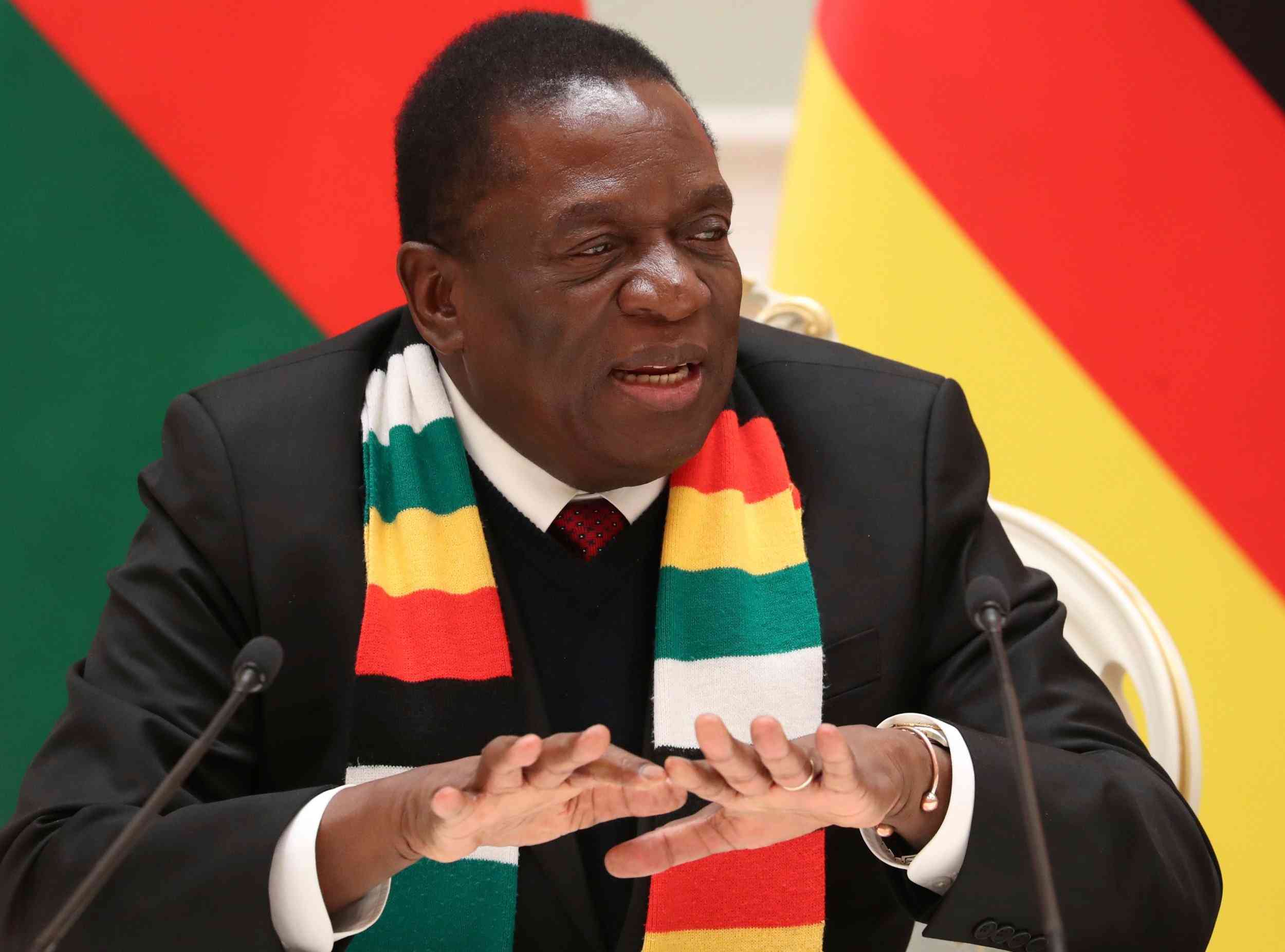
The government’s decision to allow schools to peg fees in foreign currency has provided further proof that the authorities’ promises of free education by next year is mere rhetoric.
A Primary and Secondary Education ministry spokesperson was quoted yesterday saying “schools can charge the fees in foreign currency and accept forex from parents, but in accordance with the prevailing interbank rate.”
The government insists that there would be no return to dollarisation as it sticks to the rapidly weakening Zimbabwe dollar while at the same time promoting a dual currency system in the country.
A majority of Zimbabwean workers, including civil servants, are mostly paid in local currency and they have limited access to foreign currency, which makes the government’s position on school fees unreasonable.
A recent survey by the Zimbabwe National Statistics Agency revealed that the majority of parents and guardians are struggling to pay school fees because their incomes have been eroded by inflation.
Only 26% of parents and guardians were found to be in a position to meet the education expenses for their children yet the government does not see any problem in allowing schools to charge in foreign currency.
The Zimbabwe Schools Examination Council (Zimsec) was last month forced to extend by a week the deadline for the payment of examination fees after many children failed to pay on time.
Zimsec was also allowed by the government to charge in foreign currency and this pushed the fees beyond the reach of many.
- Chamisa under fire over US$120K donation
- Mavhunga puts DeMbare into Chibuku quarterfinals
- Pension funds bet on Cabora Bassa oilfields
- Councils defy govt fire tender directive
Keep Reading
There is a real possibility that a large number of children will not be able to sit for their end of year examinations because of failure to pay the fees.
On the other hand, President Emmerson Mnangagwa’s government has been making lofty promises that education will be made free next year.
The school fees directive shows that the government is not in a position to ensure that every child has access to quality education and also points to confusion over its currency policies.
Before charging for basic services such as education and health in foreign currency, the government should create an environment where every citizen can easily access foreign currency.
If it is the government’s intention to allow institutions such as schools to charge for services in foreign currency, the majority of workers should be paid in foreign currency.
It is also high time the government spelt out how it intends to roll out free education next year so that parents and guardians can plan accordingly.










